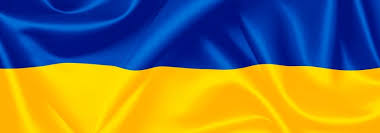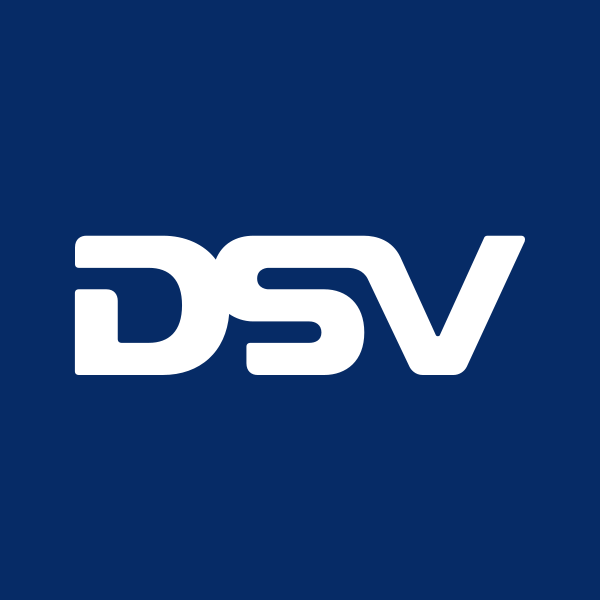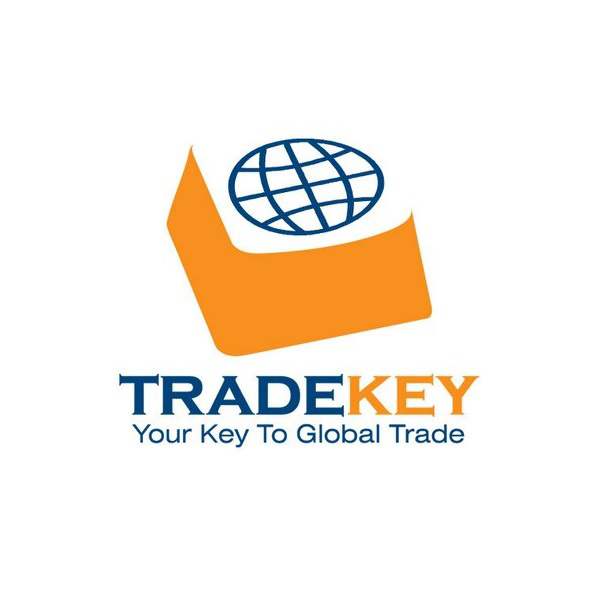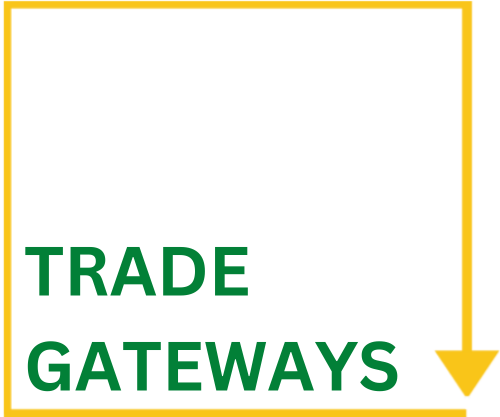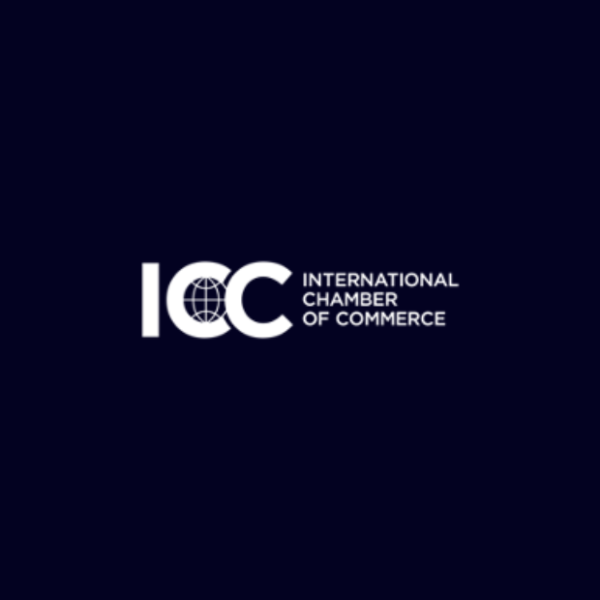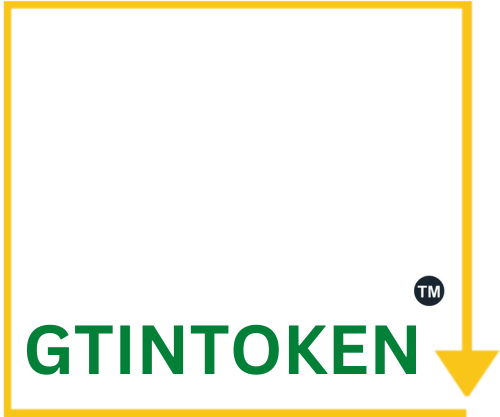

Digital-Trade.Network
Bringing together Global Giants
To help connect Digital Islands
And facilitate an Asset Tokenization Platform
Helping To Bridge Digital Trade Standards gaps
TRADE GATEWAYS ASSET TOKENIZATION PLATFORM
ABOUT TRADE GATEWAYS
TRADE GATEWAYS is operated by Local Merchant Services as an IBM Partner Programme. It provides an Infrastructure for Trade Digitization with over 300 Digital Trade Gateways. TRADE GATEWAYS co-operates with B2B Marketplaces with millions of subscribers.
What is Tokenization?
Tokenization refers to the process of creating a token on a blockchain that represents an asset. Tokenization of products on TRADE GATEWAYS is a representation of products being traded across the TRADE GATEWAYS Network.
Tokenization gives asset holders access to benefits that include instantaneous settlement and programmability, i.e., the ability to embed code in the token, and the ability of the token to engage with smart contracts—enabling higher degrees of automation.
What is An Asset Tokenization Platform?
Asset tokenization platforms enable the creation of a digital proof of ownership for real-world liquid assets such as trade products.
These asset-backed tokens have real-world capital and liquid value. Digital assets offer a flexible system for managing digital assets and facilitating transactions. Once assets are tokenized, they can be used for transactions across the world
Asset Tokenization Programme
Global Trade identifiers are used to look up product information in a database (often by entering the number through a barcode scanner pointed at an actual product).
The uniqueness and universality of the identifier is useful in establishing which product in one database corresponds to which product in another database, especially across organizational boundaries.
Adoption of tokenization is held back by limitations of the available infrastructure.
GTIT (Global Trade Item Token), is the The TRADE GATEWAYS Asset Tokenization Platform.
It provides a simple one stop shop for tokenizing products and Digitizing trade, i.e. providing the custody, distribution, trading, management and servicing of those tokens, as well as digital payment mechanisms using smart contracts, and transferring ownership of products once payment is made
The GTIT Platform is a platform for Tokenizing products or accessing and featuring Tokenized products from a TRADE GATEWAYS seller account.
Digital Trade is an incoming wave. Businesses need to embrace it or be swept away by it. TRADE GATEWAYS provides the infrastructure to Digitize Trade and an assistant to help with it
Trade is changing
Trade is pretty much done the same way today as it has been for the last 200 years. Possession of paper documents of title have represented ownership.
Things are changing. TRADE GATEWAYS is helping to provide the infrastrucure for change..
Cooperation with GS1 on the GTINTOKEN Standard
What is GS1?
GS1 is an international organization developing and maintaining standards for barcodes and the corresponding prefixes. The best known of these standards is the barcode, a symbol printed on products that can be scanned electronically.
GS1 has 116 local member organizations and over 2 million user companies.
Details of the Cooperation
TRADE GATEWAYS own the GTINToken Trademark. TRADE GATEWAYS is building on the GTIN infrastructure to create the GTINTOKEN Standard as part of the GTIT Platform.
This uses the familiar Barcode Structure developed across the Globe by GS1 over the last 50 years to help bring in a new way of doing trade using Trade Digitization.
The familiar Barcode Structure is based on the GTIN (Global Trade Item Number). The GTIT Programme is the Global Trade Token Programme owned and operated by TRADE GATEWAYS.
The GTINTOKEN Trademark is also owned by TRADE GATEWAYS. The GTINTOKEN Standard is being adapted into the GTIT Programme as part of a proposed co-operation with GS1.
The initial campaign with GS1 is on using ETHICALLY SOURCED Mark as an Ethically Sourced Identifier on the GTIT Asset Tokenization Platform, as part of the GTINTOKEN programme.
A recent survey found 66% of consumers are more likely to buy products that are ethically sourced. The global market value of ethically labeled, packaged food products is around 1 trillion U.S. dollars. The ability to immediately identify products as being ethically sourced is very important in today’s world.
TRADE GATEWAYS Cooperation with TradeKey
TradeKey is a B2B Marketplace partner in the TRADEGATEWAYS Programme. TradeKey is a global B2B platform established in 2006 and has a distinguished presence globally. TradeKey is one of the largest international E-Marketplaces for exporting and importing. It has about 10 million registered users.
Millions of people visit TradeKey every month. Companies using TradeKey, can now use the TRADE GATEWAYS Programme to digitize and facilitate accruing Trade.
End To End Logistics Provision by DSV
DSV is a TRADE GATEWAYS Logistics Partner, who can help to take much of the pain out of International Trade by providing End To End Logistics.
DSV provides and manages supply chain solutions for thousands of companies every day – from the small family run business through to large global corporations.
Their focus is on transparency, productivity and scalability. Their reach is global, yet their presence is local and close to customers. They have 75,000 employees in more than 80 countries.
Providing a framework to connect digital islands
TRADE GATEWAYS has established Digital-Trade.Network, which features global players that can help to use their infrastructure to bring familiar structures on conventional trade into the currently unfamiliar world of Trade Digitization.
TRADE GATEWAYS is an IBM Partner programme that is bringing on board a co-operation with a Global Logistics Giant in DSV. The co-operation covers Global Marketplaces such as TradeKey, and the intention is to make Trade Digitization features available to members of chambers of commerce in the places where there are Digital Trade Gateways that are part of the TRADE GATEWAYS Network.
The TRADE GATEWAYS Digital Trade gateways Network is helping to ensure that International Chamber of Commerce Standards are met across the global TRADE GATEWAYS Network, and thereby avoid fragmentation and help with the adoption of MLETR.
Recent innovations to digitise the global trading system run the risk of fragmenting the market and the platforms used by several industries of the international supply chain and public sector agencies. There is a clear need for a framework to connect digital islands. TRADE GATEWAYS is helping to facilitate such a global framework
TRADE GATEWAYS Portals and B2B Marketplaces
In Co-operation with major B2B Marketplace partners, with many millions of users, The TRADE GATEWAYS network helps businesses market their products internationally, find genuine buyers, satisfy their business requirements and explore regional and international Business opportunities.
The TRADE GATEWAYS global network of over 300 Digital Trade Gateways gives users a unique advantage. Users can feature Trade Microsite in over 300 Digital Trade Gateways that are part of our Network.
The Tokenization Platform provides a simple one stop shop for tokenizing products and Digitizing trade, i.e. providing the custody, distribution, trading, management and servicing of those tokens, as well as digital payment mechanisms using smart contracts, and transferring ownership of products once payment is made.
Once a sale is agreed at an applicable B2B Marketplace, the Tokenization Programme is used to tokenize and facilitate the transaction. Logistics partners at Relevant Local Digital Trade Gateways are used to provide End To End Logistics and execute the Transaction.
Significance of the TRADE GATEWAYS Network
The TRADE GATEWAYS Network is like the analogy of the ports or airports network. Each one has the infrastructure to get you from point A to point B. The wider the network, the more places you can get to.
Digitizing Trade in Physical Products requires the kind of infrastructure that the TRADE GATEWAYS Network provides.
The Network is also significant because of the interoperability of the system with other Platforms.
